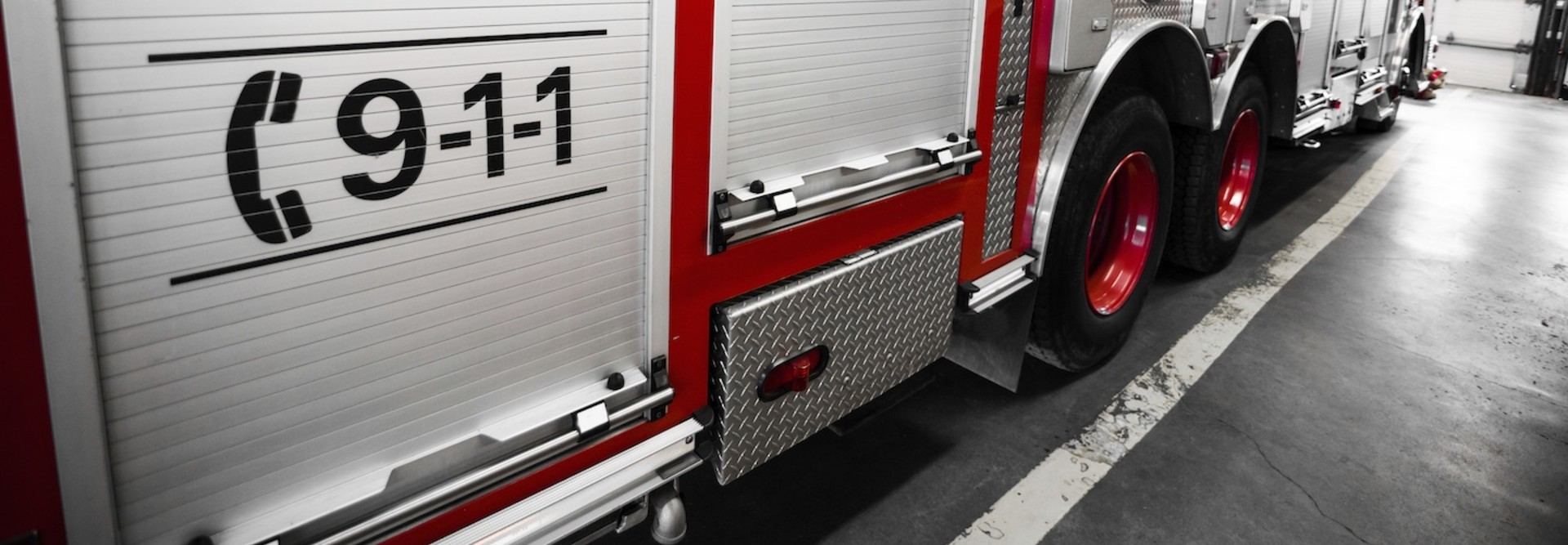Kansas Is Building a Next-Gen, Cloud-Based 911 System
Eager to modernize its emergency response process, Kansas has announced that it will implement a next-generation, cloud-based 911 system by 2020.
Kansas' current 911 system is susceptible to damage from disasters such as tornadoes. Its new system, dubbed NG911, circumvents the threat of disasters by switching to another public safety answering point (PSAP) if a tornado destroys one.
It also aims to shorten user-dispatcher interactions by giving users more communication options. The Kansas 911 Coordinating Council’s Dave Heitschmidt noted that the current system offers limited choices.
“[The] legacy 911 system is a voice-centric system and is not capable of accepting the methods of communication that our citizens use today,” Heitschmidt told GovTech.
Shifting the infrastructure that supports its 911 system to the cloud will help the state defend against the threat of disasters. Additionally, the new system will allow citizens to use multimedia, which means people will be able to send pictures and videos to dispatchers or send law enforcement text messages requesting assistance.
“NG911 will serve as the base layer for connectivity to the various IP-based systems that city and county governments will implement,” Heitschmidt explained to StateScoop. “[C]amera networks enabled by cities, counties or state entities — or potentially even by private business — can be incorporated into the NG911 platform so that live footage of a scene could be delivered with a 911 call originating from an area covered by a camera.”
Kansas anticipates that the upgrade to NG11 — which GovTech reports is being constructed by AT&T — should be complete by 2020. Walter Way, chair of the 911 Coordinating Council, said migrating to the system should cost roughly $27 million over the five-year period.
It’s an expensive project, but if it works, it will allow Kansas to offer more effective 911 services to residents.









